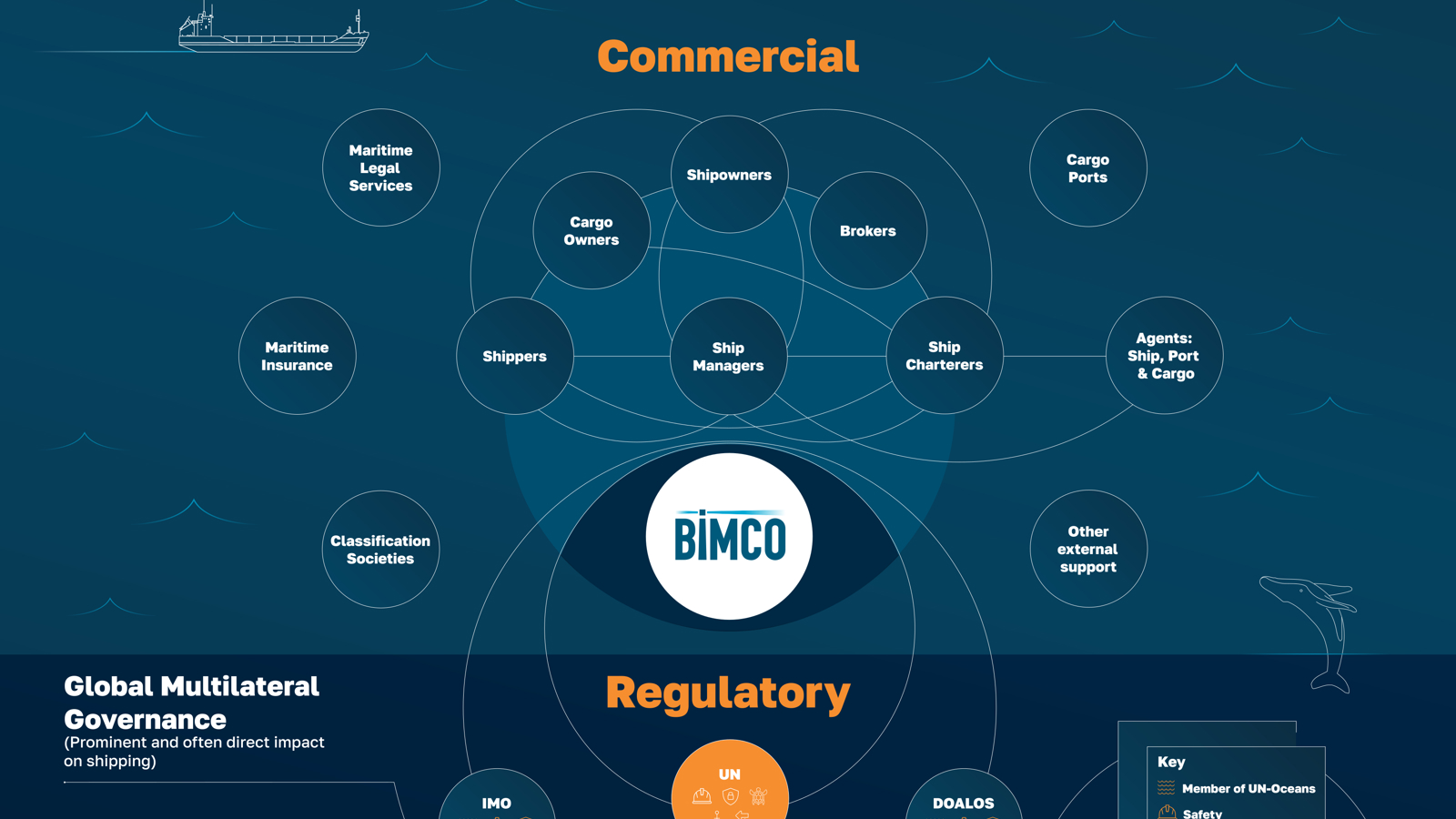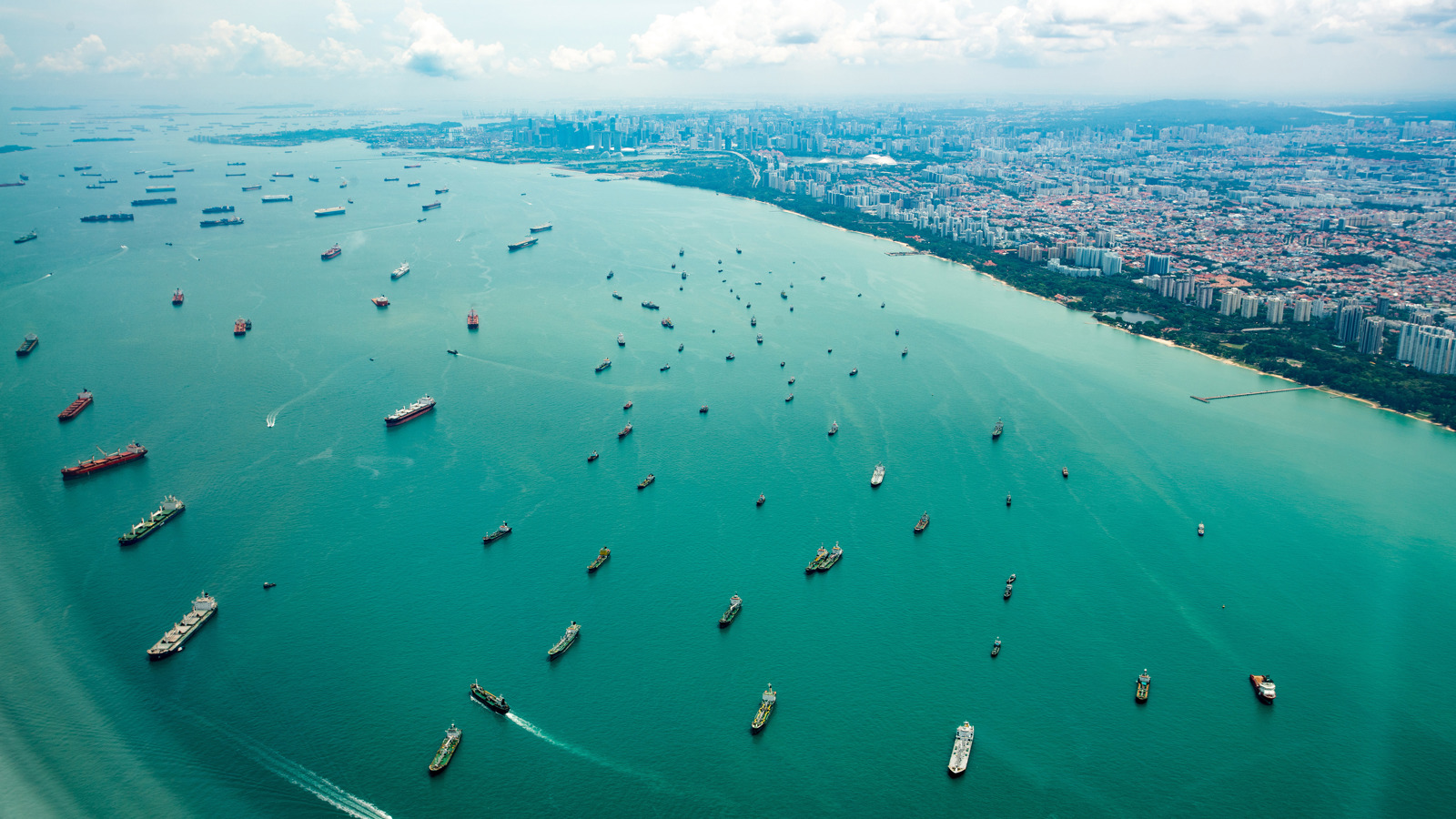Global Governance
The United Nations is the overarching global body.
Founded in 1945, and currently made up of 193 member states, the UN has operations managed through a wealth of specialised agencies and programmes. These agencies and programmes can have a varying influence on shipping – from protection of the environment through to shaping labour laws. The UN is the overarching global body where nations can gather, discuss common problems, and find shared solutions that benefit all of humanity.
The UN is parent organisation of The United Nations Convention on the Law of the Sea (UNCLOS) - the framework that governs the use of the world’s oceans and seas.
Under the UN umbrella sits UN-Oceans. UN-Oceans is an inter-agency mechanism that seeks to enhance the coordination, coherence and effectiveness of competent organisations of the United Nations system and others such as the International Seabed Authority. There are currently 31 members of UN-Oceans.


